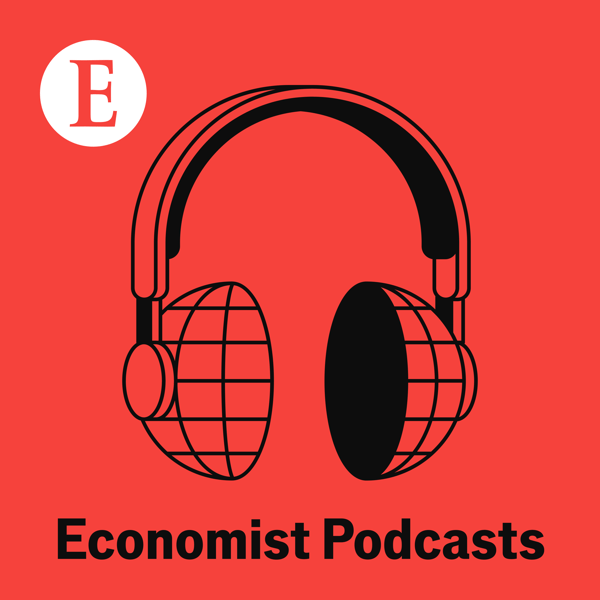The Economist asks: What are the forces reshaping today’s Europe?
Economist Podcasts
The Economist
4.4 • 4.9K Ratings
🗓️ 6 September 2018
⏱️ 23 minutes
🧾️ Download transcript
Summary
Hosted on Acast. See acast.com/privacy for more information.
Transcript
Click on a timestamp to play from that location
| 0:00.0 | Phone calls are passed A. Should they be? Faculty at the University of Chicago Booth School of Business |
| 0:05.8 | are exploring how less text-based messaging and more talking could improve communication. |
| 0:10.8 | Discover more at www.shakagobooth.edu-slashcommunications. |
| 0:22.9 | Hello and welcome to the Economist asks, I'm Anne McElvoy. And this week we're asking, |
| 0:28.6 | what are the forces reshaping today's Europe? Within the EU, the idea of a journey towards |
| 0:34.8 | ever-closer union now seems very far from reality. The continent feels, in many ways, |
| 0:41.2 | to resemble the fractured world of pre-first world war politics, rather than a harmonious landmass |
| 0:47.2 | linked by strong institutions. After the fall of the Berlin Wall in |
| 0:58.1 | 1989, Europe saw itself as a stronghold of liberal democracy. But in Hungary and Poland, |
| 1:05.1 | democratic norms are being eroded. The south of the continent is buffeted by economic winds, |
| 1:11.1 | and a wave of refugees and migrants has unleashed tensions about how open borders can or should be. |
| 1:18.2 | Major anti-migrant protests have erupted in Germany this week. To the east, a |
| 1:24.3 | resurgent Russia tests its boundaries. With us to discuss the roller coaster of recent European |
| 1:30.2 | events is a leading British historian Sir Ian Kurshaw. He's the author of definitive biographies |
| 1:35.7 | of Hitler, and to Hellenbach, a history of Europe from 1914 to 1949. His latest book, |
| 1:43.5 | Roller Koster, picks up the story of Europe from the high of the post-war economic miracle of the 1950s, |
| 1:49.8 | through to the dizzying turbulence of the present. Ian Kurshaw, what about the metaphor of |
| 1:56.5 | the roller coaster? You have to cope with a very broad kind of painably here. I'm sure lots of |
| 2:03.7 | other metaphors probably suggested themselves as you went through Europe in history since 1945. |
| 2:08.4 | Why did you fix on that? Not many metaphors do as a matter of fact suggest themselves. It's very |
| 2:13.5 | difficult to come up with one term, which summarises the history of the last 70 years or so, |
| 2:22.5 | because there isn't one constant theme in European history in the way that there was for the previous |
... |
Please login to see the full transcript.
Disclaimer: The podcast and artwork embedded on this page are from The Economist, and are the property of its owner and not affiliated with or endorsed by Tapesearch.
Generated transcripts are the property of The Economist and are distributed freely under the Fair Use doctrine. Transcripts generated by Tapesearch are not guaranteed to be accurate.
Copyright © Tapesearch 2025.

